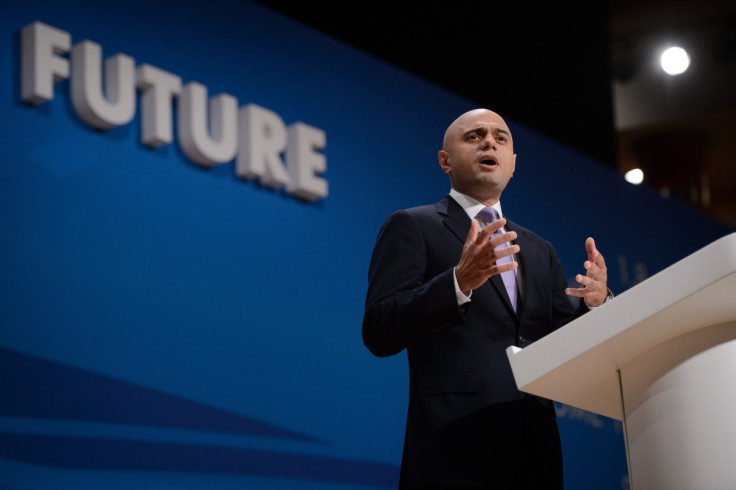Sajid Javid: Sharing economy has created 'measurement gap' and should be added to ONS figures

The freelance gig economy has created a measurement gap and the numbers should be added to official figures published by the Office for National Statistics, Business Secretary Sajid Javid has said.
Arguing there was an increasing overlap between the economy and everyday life, Javid claims that the peer-to-peer nature means its value is not added to productivity measures. The sharing economy activity should also be added to the GDP, according to the recommendations.
Javid launched a report titled: The Sharing Economy in the UK, in collaboration with Sharing Economy UK (SEUK), giving a vote of authority to the gig economy. The new ways of calculating productivity launched in 2014 will also help with the Productivity Plan, in tackling UK's productivity problem, the commissioners hope.
"Innovative businesses in the sharing economy give consumers more choice and put money in the pockets of ordinary people across the country," Javid said. "This is why the government wants the UK to be a welcoming place for new ideas and a beacon for innovation.
"This new report raises interesting questions about whether traditional measurements can reflect the true value of these modern businesses to our economy, as well as the role they can play in boosting productivity."
According to research by accounting software provider Intuit Quickbooks, the vast majority of people in the UK think the sharing economy will play a major role in future employment in the country. Eighty-seven percent of Brits even think the gig economy will take over from the 9-5 office hours in 2025.
Already, a fifth of people using the sharing economy in the UK are earning £500 per week or more, with 3% making £78,000 a year, according to Intuit data.
© Copyright IBTimes 2025. All rights reserved.






















